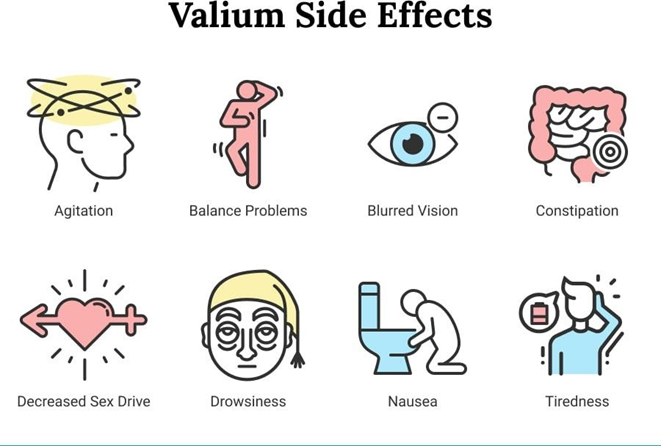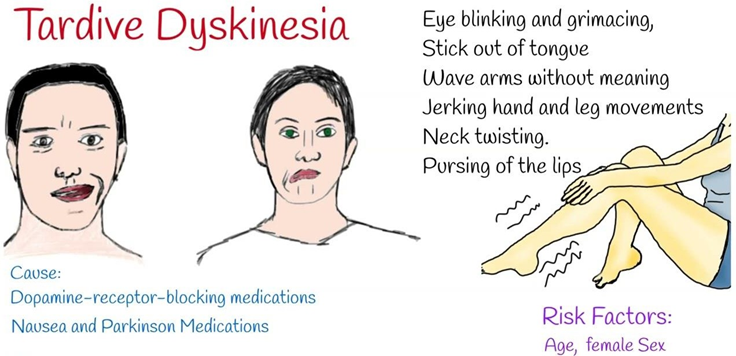A nurse is reviewing the morning laboratory report for a client who has bipolar disorder and recently started taking lithium. The client's current lithium level is 1.2 mEq/L. Which of the following actions should the nurse plan to take?
Administer the regular dose of lithium.
Contact the laboratory to repeat the lithium level.
Obtain an ECG and institute seizure precautions.
Contact the provider to prescribe an increased dose of lithium.
The Correct Answer is A
A. A lithium level of 1.2 mEq/L falls within the therapeutic range (0.6-1.2 mEq/L) for the treatment of bipolar disorder. Therefore, the nurse should administer the regular dose of lithium as prescribed and closely monitor the client for any side effects.
B. Repeating the lithium level is unnecessary because the current level is within the therapeutic range. Repeated testing may be warranted if the level is outside the therapeutic range or if there are clinical concerns.
C. This action is not indicated for a lithium level within the therapeutic range. ECG and seizure precautions are typically reserved for lithium toxicity, which presents with levels above the therapeutic range.
D. Increasing the dose of lithium is not warranted when the current level is within the therapeutic range. Doing so could increase the risk of toxicity.
Nursing Test Bank
Naxlex Comprehensive Predictor Exams
Related Questions
Correct Answer is A
Explanation
A. Diazepam, a benzodiazepine, is known to cause drowsiness and sedation as a common side effect. Patients should be advised to avoid activities requiring mental alertness, such as driving or operating machinery, until they understand how the medication affects them.
B. Even a single dose of diazepam can cause side effects such as drowsiness, dizziness, and impaired coordination. Patients should be aware of potential side effects regardless of the number of doses taken.
C. While grapefruit juice can interact with certain medications by affecting their metabolism, it doesn't directly inactivate diazepam. However, it may increase the risk of side effects by altering the metabolism of the medication, leading to higher blood levels.
D. Tyramine is not typically a concern with diazepam. Tyramine-containing foods are more relevant in the context of monoamine oxidase inhibitors (MAOIs), a different class of medications used to treat depression.

Correct Answer is D
Explanation
A. Akathisia refers to a subjective feeling of restlessness and an objective inability to sit still.
It's characterized by a need to move constantly and is not typically associated with choreiform movements, lip smacking, or spastic facial distortions.
B. Dystonia involves sustained or intermittent muscle contractions leading to abnormal postures or twisting movements. It typically presents with muscle spasms, not choreiform movements or lip smacking.
C. Pseudoparkinsonism refers to a collection of symptoms that resemble Parkinson's disease, such as tremor, bradykinesia, rigidity, and postural instability. It does not typically involve choreiform movements or lip smacking.
D. Tardive dyskinesia is a movement disorder characterized by involuntary, repetitive movements of the face and body, including choreiform movements (rapid, jerky movements), lip smacking, and spastic facial distortions. It often develops after long-term use of antipsychotic medications like chlorpromazine and can persist even after discontinuation of the medication.

Whether you are a student looking to ace your exams or a practicing nurse seeking to enhance your expertise , our nursing education contents will empower you with the confidence and competence to make a difference in the lives of patients and become a respected leader in the healthcare field.
Visit Naxlex, invest in your future and unlock endless possibilities with our unparalleled nursing education contents today
Report Wrong Answer on the Current Question
Do you disagree with the answer? If yes, what is your expected answer? Explain.
Kindly be descriptive with the issue you are facing.
